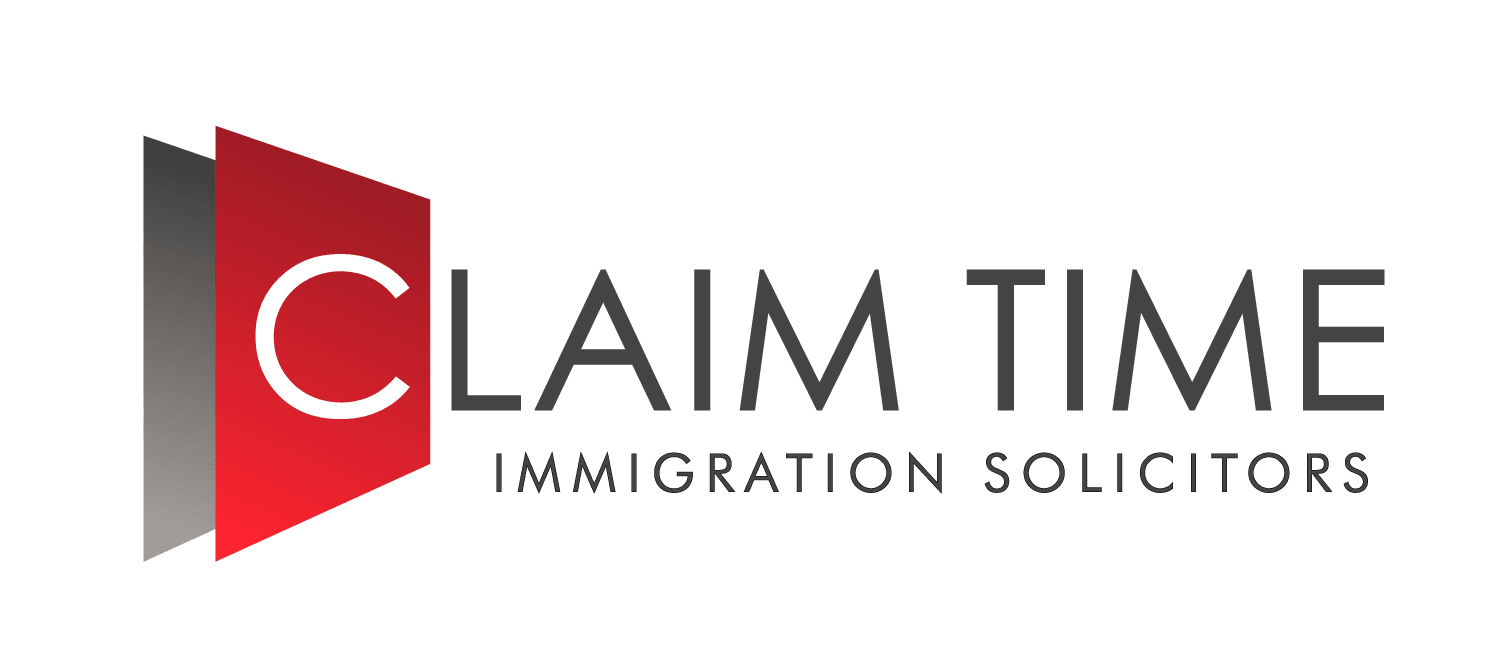You can apply for an EEA family permit if you previously had a right to reside in the UK as the family member of an EEA national who either:
● had permanent right of residence in the UK
● was a ‘qualified person’ (a worker, student, self-employed person, self-sufficient person or someone looking for work) in the UK
You could have a retained right of residence if:
● your, or another member of your family’s, marriage or civil partnership to that person has ended (with a divorce, annulment or dissolution)
● that person has died and you had lived in the UK for at least 1 year before they died
● you’re the child of an EEA national who has died or left the UK, or the child of their spouse or civil partner, or former spouse or civil partner, you were in education when that person died or left the UK, and you continue to be in education
● you’re the parent and have custody of a child who has a retained right of residence because they’re in education in the UK
You must also meet other requirements to be eligible for a retained right of residence.
Documents you must provide
You must provide:
● a valid passport
● 2 passport size, colour photographs
● evidence of your relationship to theEEAnational, such as a marriage certificate, civil partnership
certificate, birth certificate or proof that you’ve lived together for 2 years if unmarried
● proof of your family member’s identity and nationality, such as a passport, identity card or a previous family permit or residence card
● proof that your family member had permanent residence or had been a ‘qualified person’ (a worker, student, self-employed person, self-sufficient person or someone looking for work) in
the UK
You must also provide other documents if they’re relevant to your application. They must show proof that:
● your, or another member of your family’s, marriage or civil partnership to the EEA national has ended, such as a divorce certificate
● your EEA family member has died or left the UK, such as a death certificate
● you, or a child in your custody, was in education when your family member died or left the UK and
continues to be in education, such as a letter from the school
● you have custody of a child of your family member, such as a court order
● you or a family member were a victim of domestic violence, such as a injunction or social services report
You’ll need to provide a certified translation of any documents that aren’t in English or Welsh.
Additional requirements if you or yourfamily member divorced the EEA national or ended a civil partnership with them
You can only apply if you were in the UK as the EEA national’s family member on the date the divorce was finalised or civil partnership was ended and one of the following applies:
● the marriage or civil partnership lasted at least 3 years before legal proceedings began and the
couple lived in the UK for at least 1 year before the divorce, annulment or dissolution was finalised
● you (or the former spouse or civil partner of the EEA national) have custody of a child of the relevant EEA national
● you (or the former spouse or civil partner of the EEA national) have access rights to a child of the
relevant EEA national, provided the child is under 18 and a judge has ordered
that access must take place in the UK
● you, or a family member, have been a victim of domestic violence during the marriage or civil partnership, or there are other particularly difficult circumstances which justify retaining
the right of residence


